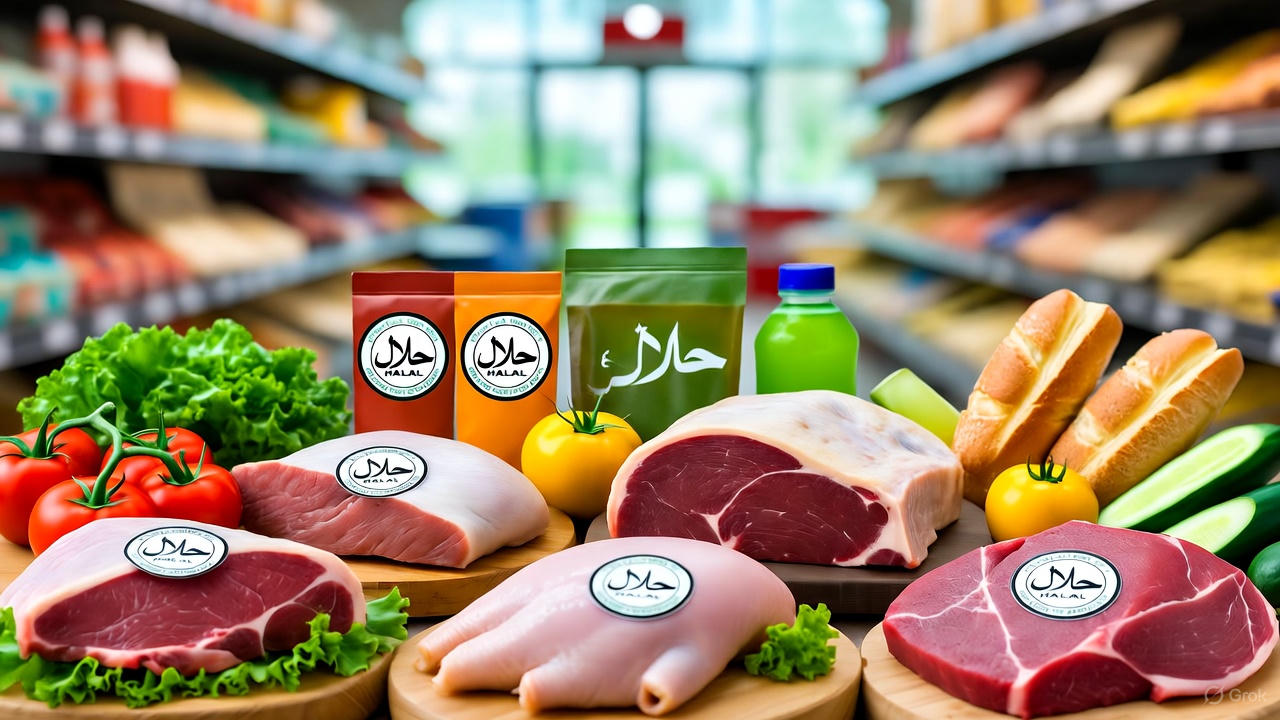Online gaming has changed a lot over the years. From complex video games to fast, easy-to-play options, players today look for something quick and exciting. That’s why color prediction games are becoming so popular. They are easy to understand, quick to play, and can be enjoyed anytime. Among the many platforms available today, bounty game and bunty game have gained attention for offering a simple, fun, and fair way to play.
What Are Color Prediction Games?
Color prediction games are online platforms where players predict the next color that will appear — usually red, green, or violet. If your prediction matches the result, you win. It sounds simple, but the excitement comes from timing, observation, and quick decision-making. The rounds are short, usually under a minute, and the results are instant.
Games like bounty game and bunty game follow this easy format, allowing users to join quickly and enjoy fast results without complicated rules or heavy downloads.
Easy Access with Bounty Game Login
One of the main reasons behind the success of color prediction platforms is their easy access. Players can start by simply visiting the site or using the bounty game login page. The registration process is quick, and you can start playing right away.
The interface is designed for everyone — from beginners to experienced players. You don’t need gaming experience or high-end devices. The simple layout and quick navigation make bounty game online a favorite choice among users who prefer smooth gameplay.
Similarly, bunty game login also provides a simple and fast way to enter the platform and enjoy different prediction rounds. Whether you’re at home or outside, you can log in within seconds and start playing.
Why Players Love Simple Games Like Bounty and Bunty
Players today prefer games that are fast, fun, and stress-free. Traditional online games can take hours to complete, while color prediction games take only seconds. This makes them ideal for people with busy schedules.
Platforms like bunty club game and bounty club game are designed for modern players who want entertainment that fits into short breaks. You can play one or two rounds, win small rewards, and return to your routine. This flexibility has made these games a growing trend among working professionals, students, and casual gamers alike.
A Fair and Transparent Gaming System
Fair play is important in online gaming. That’s why both bounty login game and bunty login platforms use random number systems to ensure fair results. The outcomes are not controlled or influenced, so every player has an equal chance to win.
This transparency builds trust among players. It’s not about luck alone — timing, observation, and understanding the patterns can help improve your chances. Players appreciate that bounty club login gives them a fair space to play responsibly.
Safe and Secure Gaming Experience
Security matters in every online platform. Bounty game and bunty game use secure login systems to protect player data. The websites and apps are built to keep your information safe while ensuring smooth gameplay. Players can deposit and withdraw safely using trusted methods, which adds to the overall positive experience.
Whether you’re using bounty game login or bunty game login, you can feel confident that your gaming activity is protected and your information is handled securely.
The Social Side of Color Prediction Games
Another reason for the popularity of these platforms is the community factor. Many players now join color prediction groups, share their results, and discuss game patterns. Games like bunty games encourage interaction and make online gaming more social and enjoyable.
In the future, we might see even more social features — such as leaderboards, live chat, or team-based prediction rounds — on platforms like bounty club game and bunty club game.
Responsible Gaming Is Important
Even though color prediction games are fun and simple, it’s important to play responsibly. Players should remember that these are games of chance and not a guaranteed source of income. The key is to enjoy the process, set time limits, and not chase losses.
Bounty game and bunty game online promote safe gaming practices by offering easy control options and transparent results. They encourage players to focus on entertainment rather than profit.
The Future of Color Prediction Platforms
Color prediction games are shaping the future of casual online entertainment. The combination of fast gameplay, easy access, and fair systems makes them appealing to a large audience. Developers are continuously improving these platforms with better visuals, faster servers, and user-friendly designs.
In the coming years, games like bounty game online and bunty club game may introduce more exciting features — such as live prediction sessions, tournaments, and mobile app updates — making the experience even more interactive.
Why Bounty Game Stands Out
Among all available platforms, bounty game stands out because of its user-friendly interface and smooth performance. The site welcomes new players with a clean design and an easy bounty game login process. Once logged in, users can start playing immediately without complicated steps.
The welcome to bounty game section also guides beginners and helps them understand how the system works. This makes it easier for first-time players to feel comfortable and confident.
Final Thoughts
Color prediction games are redefining online entertainment. They combine simplicity, excitement, and instant rewards in a way that fits today’s fast-paced lifestyle. Platforms like bounty game, bunty game, and bounty club game give players a smooth, fun, and secure way to play from anywhere.
If you’re looking for a quick and enjoyable gaming experience, these platforms are worth exploring. With easy logins, fair systems, and a focus on user experience, color prediction games continue to be one of the most engaging trends in the online gaming world.

.png)
